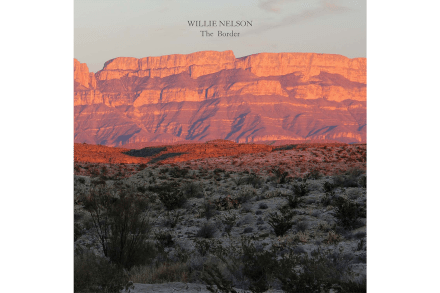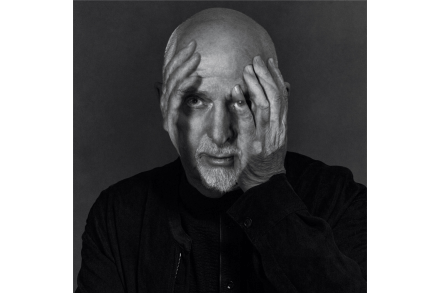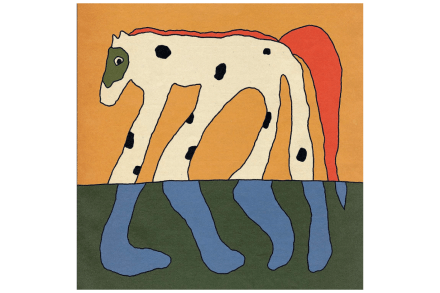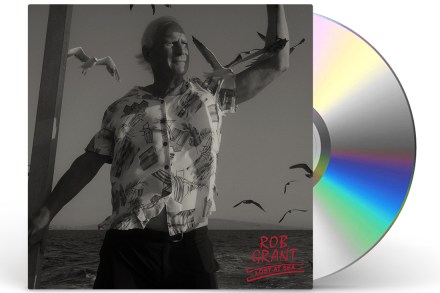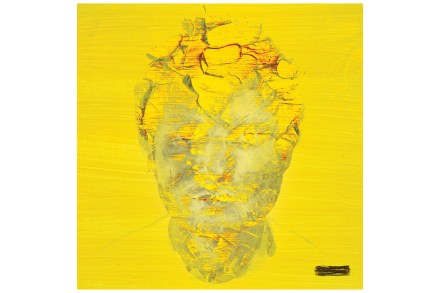The weird, hypnotic world of Willie Nelson
Many years ago, I wrote a book about Willie Nelson. At its conclusion, I reached for an elegiac, valedictory tone. In 2006, when The Outlaw was published, Nelson was already 73, and it seemed plausible to suggest that one of the great American lives might be winding down. I pictured Nelson rolling off the road and into the sunset, his work on Earth more or less complete. Nelson embodies both sides of an increasingly divided nation; hippie and redneck, patriot and agitator Well, scratch that ending. Having recently turned 91, Nelson is still going strong. The touring has slowed down a tad – we haven’t seen him in Britain for
